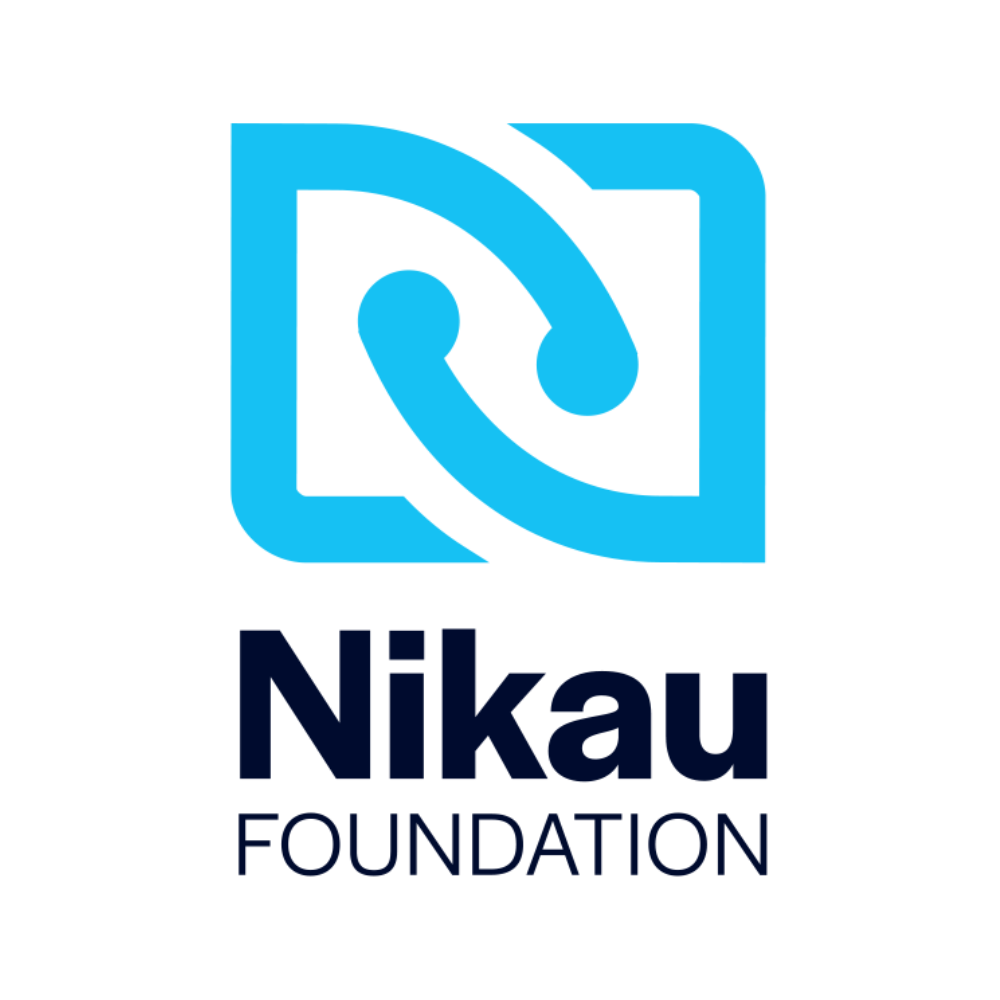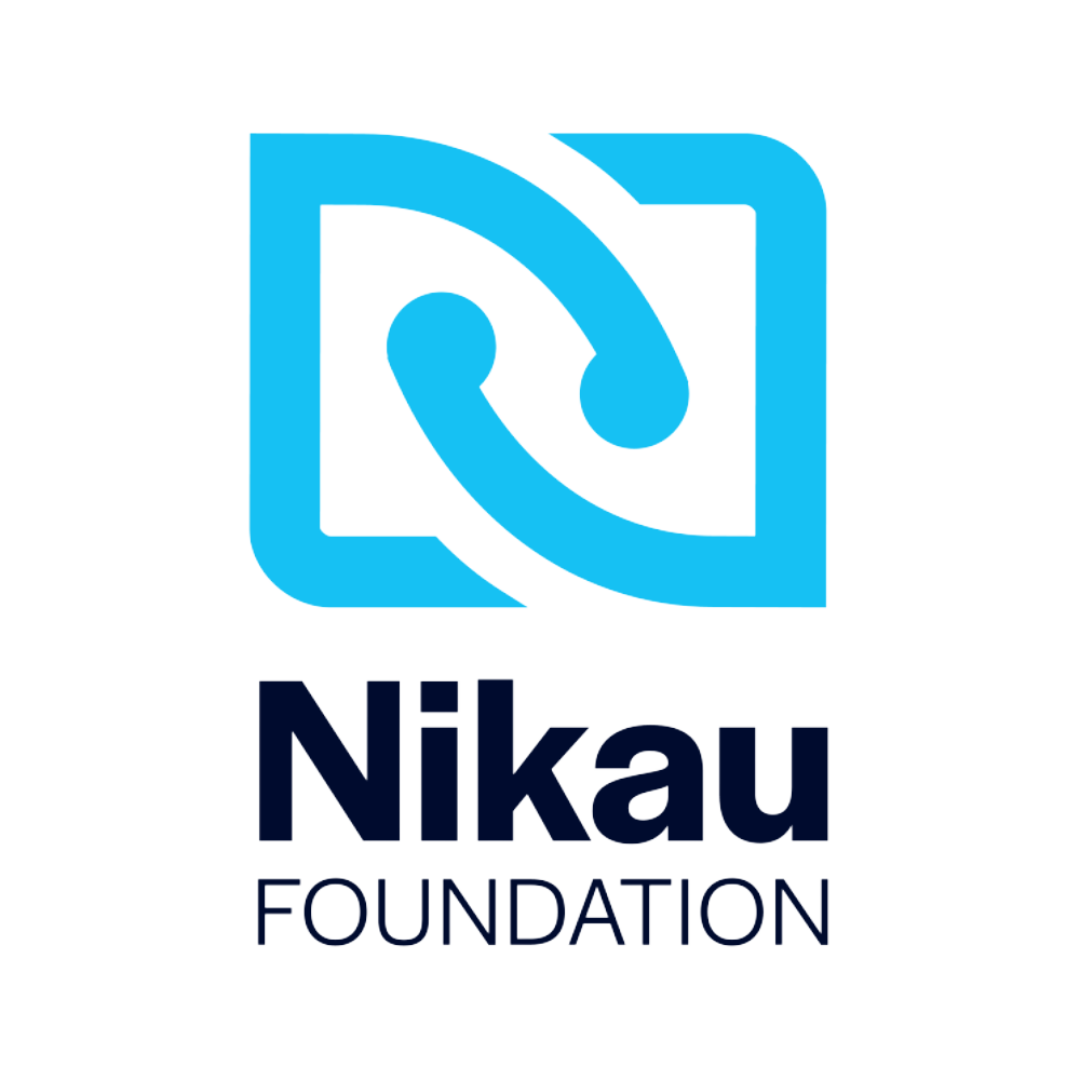Mana-enhancing disability support
The best possible outcome is for people to say, “We’re good – we don’t need you any more,” says CCS Disability Action Central Region General Manager Janine Hoete-Thornton. “That’s our goal – to empower people to be the heroes of their own lives so they don’t need us.”
Established in 1935, CCS Disability Action had a goal to offer wraparound support to children affected by polio. Although at the time this support was rooted in the ‘charity’ model of care, which framed disabled people as victims of circumstance, CCS Disability Action’s service offering has evolved as societal attitudes progressed and new models were introduced.
Similarly, People First New Zealand Ngā Tāngata Tuatahi was established in 1987 when people with learning disability faced significant exclusion, isolation and lack of opportunity. As the self-advocacy movement emerged during the 1980s, many people with learning disability started to ask, “Why don’t we have more choice and control over our lives?”
Originally established as part of IHC, People First became an independent organisation in 2003.
People-centred disability services
Now in its 90th year, CCS Disability Action’s services are designed to champion the needs of the individual. Its core principle is that disability is caused by social and environmental barriers rather than impairment itself. “It shouldn’t be about people adapting,” says Wellington Service Manager Tilomai Solia. “It should be about the world adapting to them.”
In 2024, Nikau was delighted to work alongside CCS Disability Action by providing funding to deliver 150 hours of direct support. At every touchpoint of CCS Disability Action’s support, the individual is the champion. “We’re here to support, but their goals and what they want for their own lives is completely up to them.”
For instance, when Raukura met service coordinator Tahnee, they spent time together to determine Raukura’s goals, what was important to her and, crucially, whether Tahnee was the best fit to help her on her journey to independence. “The people we work with are inviting us into their lives, so they determine who they want to go on that journey with,” says Janine.
Through conversation, they determined that Raukura hoped to find work, gain independence, move into her own flat, learn to cook and connect with her whakapapa. With that in mind, they made a plan, a team of tailored support workers was assembled and Raukura was referred to various services such as cooking classes at Porirua’s WELLfed, courses to upskill in literacy and financial management, Kāinga Ora to get her on the pathway to secure accommodation and reo Māori classes.
Raukura’s journey is as unique as her. They all are. “We don’t work to outputs,” says Tilomai. “We’re people centred, so we work to outcomes.”
“Success looks different for every individual we work with,” says Janine. “Like being employed in the job they want – not just what’s available – or coming out of residential care, moving out of the family home or making friends at school or work.”
Amplifying voices
People First mirrors this people-centred approach. As a disabled people’s organisation, it’s run by and for people with learning disability, including a national committee of six people from across the country.
“Having an organisation run by the people it is intended to benefit is crucial,” says People First Central Regional Coordinator Elizabeth Bennett. “It makes sure that we are truly representative and focused on their needs and priorities, enabling them to take ownership of decisions, advocate for themselves and lead initiatives that directly impact their lives.”
With a goal to ensure people with learning disability have and know their rights for a more inclusive Aotearoa New Zealand, People First provides self-advocacy opportunities, making sure people with learning disability can speak up and be heard on things that are important to them in government, services and the community.
These included securing representation at the IHC’s election forum, the United Nations Convention on the Rights of Persons with Disabilities and Whaikaha Ministry of Disabled People’s consultation on residential services, facilitating meetings with ministries and creating forums for people to share lived experience.
In early 2025, People First’s Kāpiti Disability Expo will create space for hundreds of locals to speak up about what’s important to them, get access to helpful advice, courses and key services and attend workshops on funding and disability law. Supported by Nikau, the expo will bring the community together and empower individuals to access the support they need.
“The system is unfortunately very fragmented,” says Elizabeth. “The expo will provide an opportunity for people to easily find out all that is available to them in their local community.”
As the world continues to evolve, new barriers arise and new opportunities for inclusion emerge, how CCS Disability Action and People First work and offer support will inevitably continue to shift. However, by empowering people to be the champion of their own lives and to use their voices to effect change, they will continue to create a more inclusive, accessible Aotearoa New Zealand.
“Whatever the future may hold, we will continue to advocate strongly for the rights of disabled people,” says Janine.
Download our 2024 Impact Report
Featuring almost 50 voices from accross the for-purpose sector - from volunteers to donors, funders to people on the front lines, founders to for-purpose organisations - Nikau’s 2024 Impact Report shares stories of impact and generosity from accross Te Upoko-o-te-Ika-a-Māui, the Greater Wellington region, funding and philanthropy trends and key mahi to grow generosity to support the people and places of our region.



